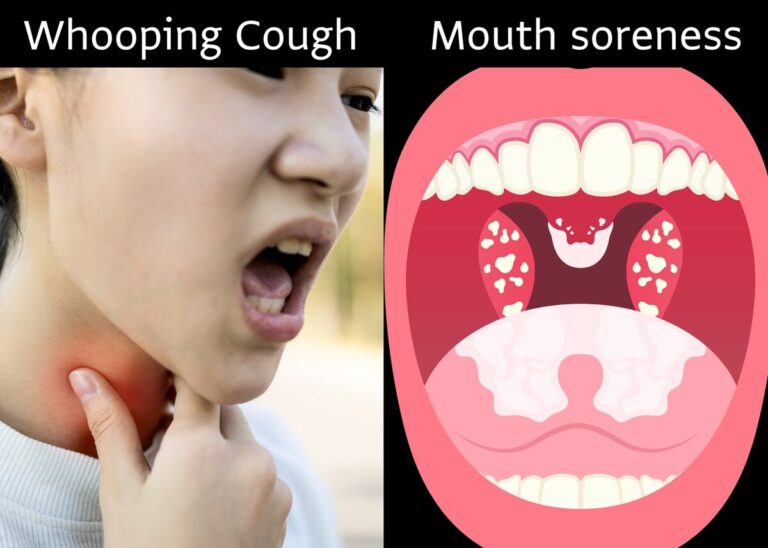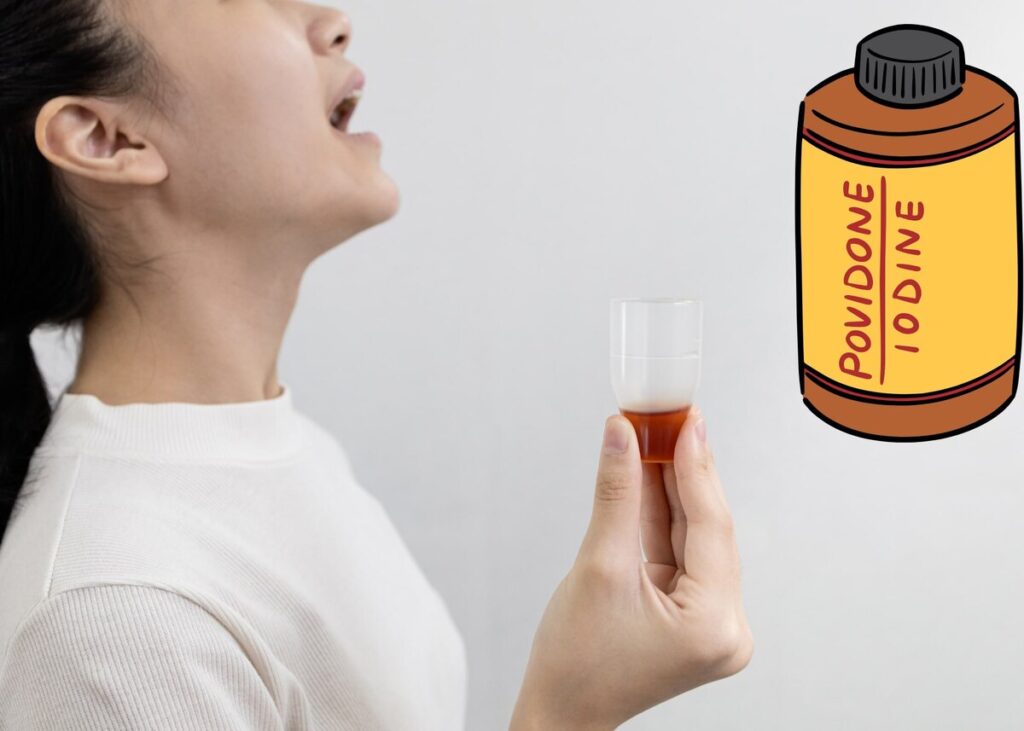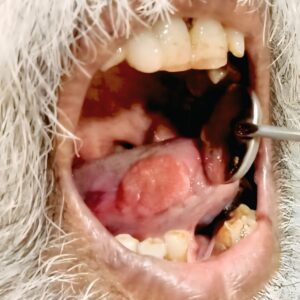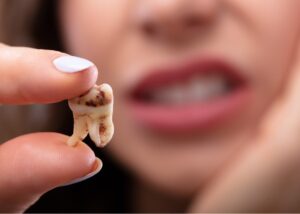
Whooping Cough Causing Sore Mouth: Causes, Symptoms, and Management
Whooping cough, known medically as pertussis, is a contagious bacterial infection that mainly affects the respiratory system. Most people associate it with violent coughing fits, but fewer realize that it can also lead to oral symptoms such as sore throat and mouth ulcers. In this article, we’ll explore how is whooping cough causing sore mouth, its underlying causes, clinical signs—including bluish lips and tongue—and discuss diagnosis, treatment options, and oral care tips to help manage the condition effectively.

How Does Whooping Cough Causing Sore Mouth?
The phrase “whooping cough causing sore mouth” highlights a common concern. While the disease’s hallmark is a persistent, severe cough, the infection and its symptoms can extend to the mouth and throat. These oral manifestations are often secondary effects of the cough itself or related to the infection’s impact on the respiratory and oral tissues.
What Causes Whooping Cough?
The root cause of whooping cough is the bacterium Bordetella pertussis. It spreads through droplets expelled into the air when an infected person coughs, sneezes, or talks. Once inhaled, the bacteria attach to the lining of the upper respiratory tract, releasing toxins that damage mucosal tissues and trigger inflammation. This damage results in the classic symptoms of pertussis, including the intense coughing spells.
Table of Contents
Secondary oral symptoms can develop because of this infection process:
- Sore Throat:
Continuous coughing irritates the throat lining.
- Mouth Ulcers:
Whooping cough cause mouth ulcers, can develop from continuous vigorous coughing or mouth breathing, which may lead to minor traumas or sores on the mucous membranes.
- Bluish Discoloration of Lips and Tongue:
During severe coughing episodes, oxygen levels may drop, leading to cyanosis—causing lips and tongue to turn blue.
Recognizing the Symptoms of Whooping Cough
Pertussis typically progresses through distinct stages:
1. Catarrhal Stage (1-2 weeks):
- Mild cough
- Runny nose
- Slight fever
- Mild sore throat
- General discomfort
2. Paroxysmal Stage (up to 6 weeks):
- Severe, spasmodic coughing fits often ending with a high-pitched “whoop”.
- Vomiting following coughing spells.
- Fatigue and exhaustion.
- Persistent sore throat from ongoing irritation.
- Mouth ulcers from trauma or mouth breathing.
- Cyanosis (bluish lips and tongue) during intense coughs.
3. Convalescent Stage (weeks to months):
- Gradual easing of cough
- Resolution of oral symptoms over time
Oral Signs of Whooping Cough
In addition to respiratory symptoms, the disease can cause specific oral signs:
- Sore Throat:
Continuous coughing and throat irritation cause inflammation.
- Mouth Ulcers:
Trauma from forceful coughing or mouth breathing can lead to small ulcers.
- Cyanosis (Blue Lips and Tongue):
During severe coughing episodes, oxygen deficiency can cause lips and tongue to turn blue, indicating hypoxia.
- Dry Mouth:
Repeated coughing and mouth breathing can dry out the oral cavity, increasing discomfort and risk of ulcers.
Why Do Lips and Tongue Turn Blue During Whooping Cough?
A bluish tint appearing on the lips and tongue during intense coughing episodes indicates a reduction in oxygen levels in the blood, a condition known as cyanosis. When coughing becomes intense, oxygen intake may be temporarily reduced, especially in infants or those with compromised breathing, leading to a bluish hue. This cyanosis indicates that the body is not getting enough oxygen and requires urgent medical attention.
Causes of Sore Throat in Whooping Cough
A sore throat in pertussis results from:
- Mechanical irritation: Repeated coughing damages the throat lining.
- Inflammatory response: Toxins produced by Bordetella pertussis cause inflammation of the mucous membranes.
- Secondary bacterial infections: Occasionally,additional bacterial infections can develop, leading to an increase in throat pain and discomfort.
- Trauma from coughing or mouth breathing: Minor injuries in the mouth and throat tissues can develop, leading to ulcers and soreness.
How Is Whooping Cough Diagnosed?
Diagnosing pertussis involves clinical evaluation complemented by laboratory testing:
- History and physical examination: Noting persistent cough with characteristic paroxysms, especially in unvaccinated or partially vaccinated individuals.
- Laboratory testing:
- PCR (Polymerase Chain Reaction): Detects bacterial DNA from nasal or throat swabs rapidly and accurately.
- Bacterial culture: Identifies Bordetella pertussis from nasal secretions but takes longer.
- Serologic tests: Measure antibodies against pertussis toxin, useful in later disease stages.
Early detection is crucial for effective treatment and preventing spread.
Will the Whooping Cough Resolve Without Treatment?

Pertussis can resolve on its own, but the cough often persists for several weeks or even months. Untreated cases are at higher risk for complications like pneumonia, dehydration, or airway obstruction. Especially in infants and young children, whooping cough can be life-threatening. Therefore, prompt medical intervention is essential.
How Long Does Whooping Cough Last?
- Severe cough (“whooping” cough): Usually lasts 1 to 6 weeks.
- Duration of cough: May persist for up to 10 weeks or more, especially if untreated.
- Recovery phase: Symptoms gradually improve with treatment, but cough may linger.
Managing Whooping Cough and Mouth Soreness
The first goal of treatment for whooping cough causing sore mouth is to reduce symptoms, prevent complications, and limit transmission:
1. Antibiotic Therapy:
- Typically, macrolide antibiotics like azithromycin, erythromycin, or clarithromycin are recommended.
- Initiating treatment early, during the initial catarrhal stage, yields the best results.
- Antibiotics help shorten contagiousness and may reduce the severity and duration of symptoms.
2. Symptomatic Care:
- Adequate rest and hydration are helpful.
- Humidified air can soothe irritated airways.
- Cough suppressants may offer some relief, though their use should be cautious.
3. Oral Hygiene and Mouth Care:
- Maintaining good oral hygiene prevent secondary infections.
- Gentle brushing with a soft toothbrush is recommended.
- Using soothing mouth rinses can reduce discomfort.
- Avoid spicy, acidic, or irritating foods that can worsen ulcers.
- Povidone iodine mouthwash: An antiseptic solution that reduces oral bacterial load, promotes healing of mouth ulcers, and prevents secondary infections.
- For mouth ulcers, topical anesthetics or gels can provide pain relief.
4. Additional Support for Mouth Ulcers:
- Rinsing with saline or baking soda solutions promotes healing.
- Avoiding alcohol-based mouthwashes, it can irritate ulcers.
The Role of Povidone Iodine Mouthwash and Antibiotics
Povidone-iodine (PVP-I) mouthwash is a powerful antiseptic effective against bacteria, fungi, and viruses. Incorporating a povidone iodine mouthwash for Whooping Cough causing sore mouth can:
- Decrease bacterial presence in the mouth
- Accelerate healing of mouth ulcers
- Minimize the risk of secondary infections
When combined with antibiotics prescribed for pertussis, this approach can help alleviate oral discomfort and support recovery. Always follow medical guidance regarding the concentration and frequency of mouth rinses.

Prevention Strategies
Vaccination is the most effective way to prevent whooping cough. The DTaP vaccine (diphtheria, tetanus, pertussis) is routinely administered to children. Booster doses are recommended for adolescents and adults to maintain immunity. Pregnant women are advised to receive vaccination to pass on passive immunity to newborns, protecting them during their most vulnerable early months.
Final Takeaways
While whooping cough is primarily recognized for its severe cough, it can also cause notable oral symptoms such as sore throat, mouth ulcers, and bluish lips or tongue during coughing episodes. Recognizing these signs early can makes easier to prompt diagnosis and treatment, reducing the risk of complications. Combining antibiotic therapy with supportive measures—including good oral hygiene and antiseptic mouthwashes like povidone iodine—can significantly improve comfort and speed recovery for whooping cough causing sore mouth.
If you or your child experience persistent cough accompanied by oral signs or signs of respiratory distress, seek medical attention promptly, for best dentist in Bilaspur contact Sparsh Dental Clinic. With appropriate treatment and vaccination, whooping cough can be effectively managed, helping to shorten its course and prevent serious outcomes.
Disclaimer: This content is for informational purposes and should not replace professional medical advice. Always consult a healthcare provider for diagnosis and treatment of health conditions.







